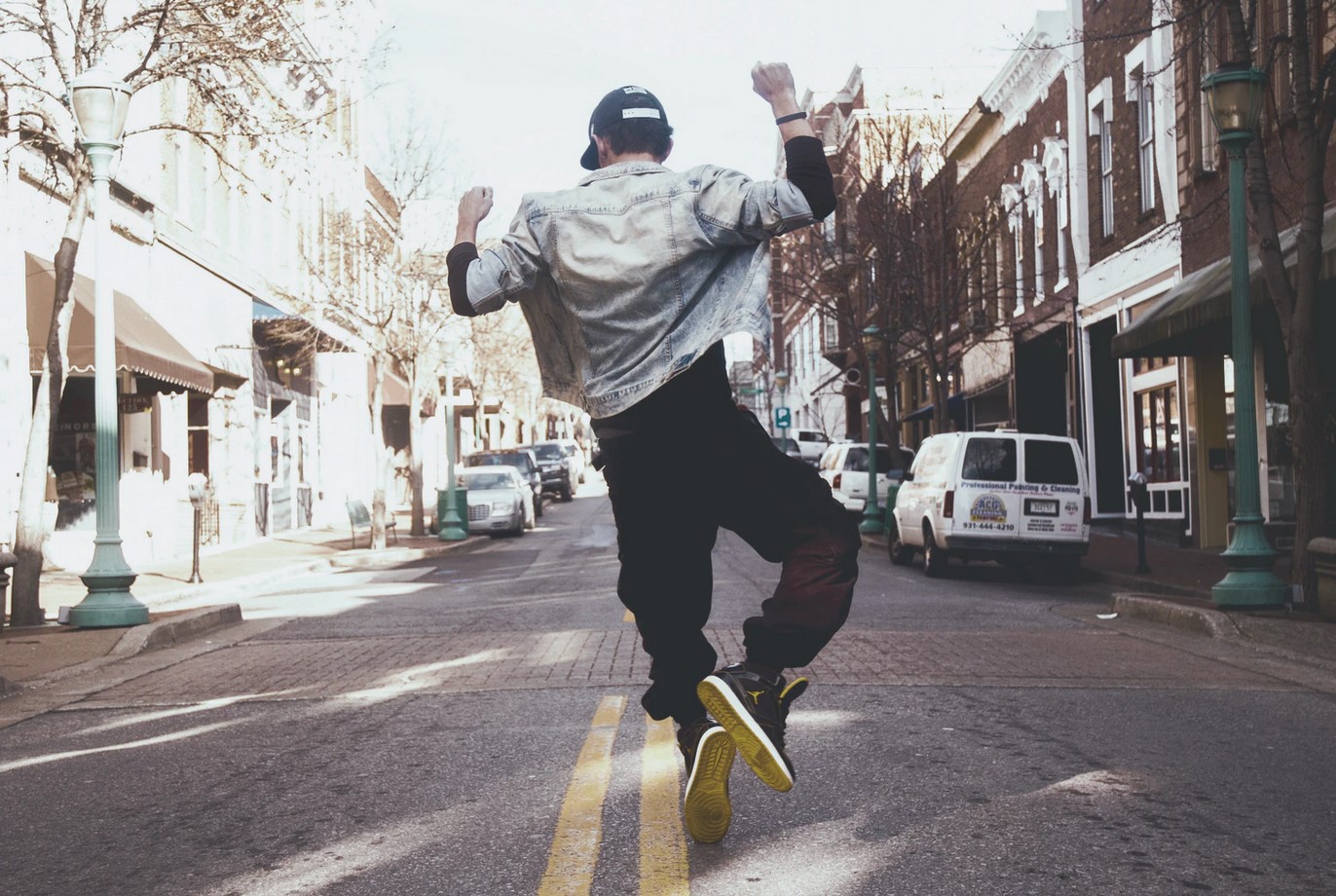Fully vaccinated people in England will not have to self-isolate if a close contact tests positive for Covid from August 16, the Health Secretary says. Sajid Javid told MPs that the same policy would also apply to anyone under the age of 18 from that date. The government, he added, would give more details this week on self-isolation rules for international travel.
Meanwhile, Education Secretary Gavin Williamson has announced the end of "bubbles" in schools from 19 July. This system has led to large numbers of pupils being sent home if a single child has a positive test.
Covid-related pupil absence in England has hit a new high since all students returned to school in March - with 640,000 pupils in England not in school due to Covid last week. This follows Prime Minister, Boris Johnson, confirming that he intended to scrap most of the remaining restrictions in England on July 19, including the laws on mask wearing and rules on social distancing.
A further 28,773 cases were reported across the UK yesterday, with another 37 deaths within 28 days of a positive test. In a statement to the House of Commons, Javid said: "From 16 August when even more people will have the protection of both doses, and when modelling suggests the risks from the virus will be even lower, anyone who is a close contact of a positive case will no longer have to self-isolate if they have been fully vaccinated.
"If someone gets their second dose just before or just after August 16, they'll need to wait for two weeks, after which their second jab can then take effect and give them these new freedoms." As under-18s are not routinely jabbed, he said a similar exemption from self-isolation rules would be extended to them.
He (Javid) said adults who had been in close contact with a positive case would be advised to get a PCR test as soon as possible to make sure they had not been infected, while for children it would be dependent on their age. People identified as close contacts of a confirmed Covid case are currently required to self-isolate for up to 10 full days when contacted by NHS Test and Trace.
He added that "of course" anyone that tested positive would have to self-isolate whether they have had the jab or not. The Department of Health and Social Care said the date for the changes was chosen to allow more people to become double jabbed and with rising case numbers it makes sense to keep protective measures in place until mid-August.
It said if fully-vaccinated users of the NHS Covid-19 app are notified that a contact has tested positive after 16 August, they will be able to tell it they have had both jabs.
Shadow Health Secretary Jonathan Ashworth said Mr Javid had justified allowing infections to climb by pointing to the UK "building a protective wall" of vaccines. However, Mr Ashworth said that data from Israel suggested that the infectious Delta variant could be transmitted through fully vaccinated people.
He said that he understood the rationale for Mr Javid's announcement but believed that the biggest barrier to an effective isolation policy was a lack of financial incentive to stay at home. He also called for a U-turn on the decision to make mask-wearing voluntary, saying: “'s have freedom but not a high-risk free-for-all - keep masks for now, fix sick pay, and let's unlock in a safe and sustainable way.” The Scottish government has said it may continue to require masks in certain settings even after August 9, when it is hoped the final curbs will end.
Ahead of a review on July 15 in Wales, ministers said people would need to learn to live with Covid. Northern Ireland's Deputy First Minister Michelle O'Neill said the prime minister's approach to ending coronavirus restrictions in England was reckless.
She said Northern Ireland, which is due to review its rules on 8 July, would make its own decisions but would not be following that model. Meanwhile, Ireland's Deputy Prime Minister, Leo Varadkar, called England's plan too risky and warned if things went wrong there would be a spill-over effect into neighbouring countries.
